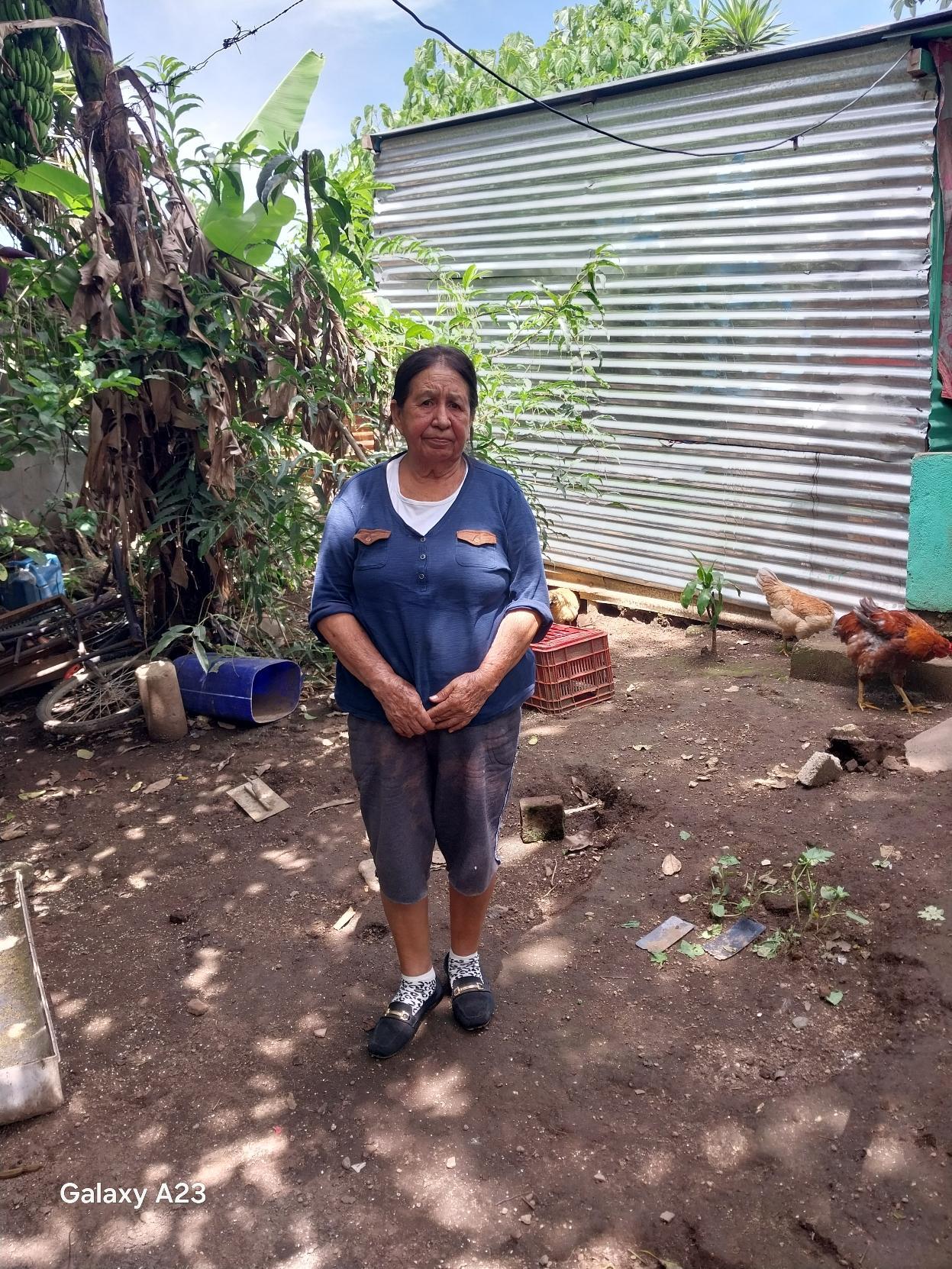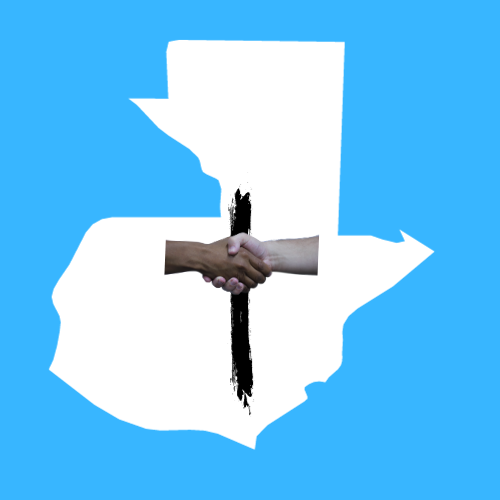When someone you care about starts complaining of persistent, severe headaches, there’s an ache of your own—a helplessness. In Guatemala, getting answers isn’t as simple as it might be elsewhere. After weeks of worsening pain, Carmen’s relief finally arrived not just from doctors or tests, but from a community that refused to let her struggle in silence. This is about more than just a scan; it’s about resilience, faith, and the very human need for support when health falters.
Carmen’s Journey: Finding Relief Through Community Support
Carmen visited the ministry house recently after a pretty rough time with her health. A few days before that, she’d been taken to a clinic for a CT scan of her head. Why? She’d been suffering from terrible headaches and brain pain that were so bad they made her feel sick to her stomach. Anyone who’s dealt with severe headaches knows how debilitating they can be.
CT scans are actually crucial diagnostic tools when it comes to investigating neurological symptoms like Carmen’s. They provide detailed images of the brain that help doctors figure out what’s going on inside. In Carmen’s case, this brain imaging was the first step toward finding relief.
The healthcare challenges in Guatemala can be overwhelming for many patients. Access to medical treatment isn’t guaranteed, and things we might take for granted elsewhere—like neuroimaging guidelines being followed or basic headache treatment—can be luxuries for some communities like the one Carmen lives in.
But here’s where the story takes a turn for the better. Thanks to the ministry’s support, Carmen’s medicine was purchased, and she came to collect it from the ministry house. This kind of community support makes all the difference for people struggling with health issues and limited resources.
When talking with her during her visit, Carmen shared some good news. The medicine was working really well! She’s experiencing significant pain relief and continues with her treatment plan. It’s amazing how proper medical intervention following a diagnostic procedure like a CT scan can transform someone’s quality of life.
She expressed deep gratitude—both to God and to the people who sponsored her medicine and test through the program. For Carmen and others in similar situations, these sponsored medicine programs aren’t just helpful. They’re essential. The truth is, for them, it’s nothing short of a blessing.

This story highlights something important about medical treatment access. Without the right support systems in place, even when proper diagnosis happens (like through Carmen’s CT scan), the follow-through on treatment can fall apart due to financial constraints.
We’ve seen how these kinds of community initiatives bridge critical gaps in healthcare systems. When people come together to support headache treatment and other medical needs for their neighbors, it creates a safety net that catches those who might otherwise fall through the cracks.
Carmen’s experience shows us the real-world impact of combining proper diagnostic procedures with accessible treatment options. Her journey from suffering through debilitating headaches to finding relief demonstrates how community support can literally change lives.
And isn’t that what healthcare should ultimately be about? Not just identifying problems through fancy technology like CT scans, but actually making sure people get better?
TL;DR: Carmen’s story illustrates the complexities of getting headache treatment in Guatemala—diagnosis, medicine, and, above all, the power of community support and gratitude. Access, advocacy, and compassion all play a role.

Comments are closed